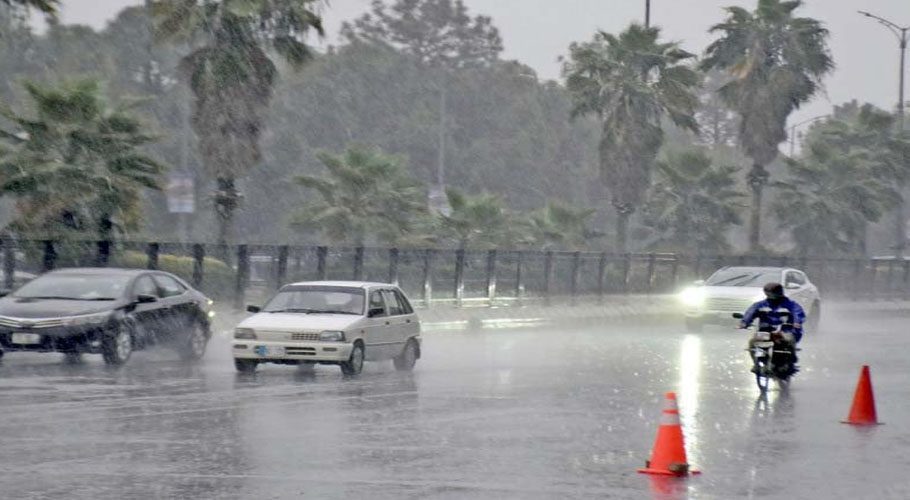![]() Follow Us on Google News
Follow Us on Google News
KARACHI: A representative from the health department in southern Sindh province, Pakistan, reported on Saturday that at least three residents of Karachi have died from the brain-eating amoeba Naegleria fowleri in the first two weeks of July. Two of these deaths occurred this week.
Naegleria fowleri is a microorganism that enters the human body through the nose, causing a sudden and typically fatal brain infection known as naegleriasis. This issue is relatively new in Pakistan, with the first reported case in Karachi in 2008. Since then, over a hundred people have died from the infection, with all three cases in Karachi this year occurring in July.
“The latest deaths occurred on Thursday,” said Ali Nawaz Channa, spokesperson for the Sindh health department, speaking to Arab News. “A 35-year-old died in Aga Khan Hospital, while a 22-year-old garment factory worker died in Jinnah Hospital.”
The family of the latter patient reported in a health department statement that he had visited a nearby swimming pool with friends last Sunday. He developed a fever on Monday, was admitted to the hospital on Wednesday, and his condition worsened on Thursday. Despite being placed on ventilator support, he did not survive.
Earlier, another patient from the Qur’angi area of Karachi died last Friday, according to the health department.
A 2021 Sindh health department study conducted in 50 Union Councils of Karachi found that 95 percent of water samples were completely unfit for human consumption. Experts believe this is a major factor contributing to the spread of the brain-eating amoeba.

















![Police snipers return fire after shots were fired while Republican presidential candidate former President Donald Trump was speaking at a campaign event in Butler, Pennsylvania [Gene J Puskar/AP]](https://mmnews.tv/wp-content/uploads/2024/07/gunman-in-Trump-shooting-75x75.jpg)














